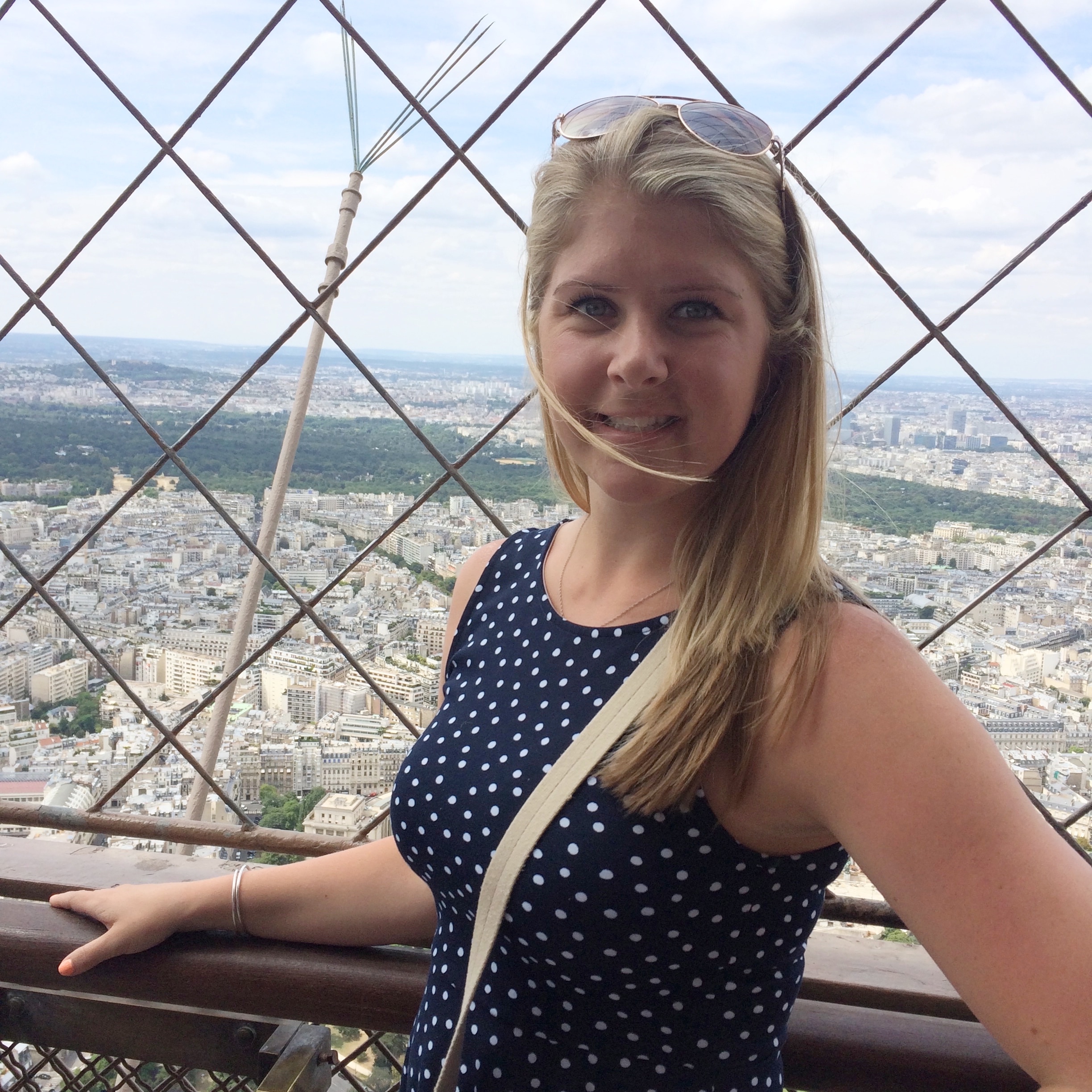CiPP Spotlight: Joan Borysenko
by Suzee Connole
Joan Borysenko was studying cancer cells at Tufts University when her father was diagnosed with cancer. Joan remembers being surrounded by her family as they sat in his hospital room, and thinking, “Here I am, a cancer cell biologist, the only one in the family who knows anything about this disease, and I know nothing about human beings with cancer.”
That was the birth of her interest in positive psychology, and led to her pioneering work in mind-body medicine. Joan is now a guest faculty member for the Certificate in Positive Psychology course, and will be a keynote speaker at WBI’s Embodied Positive Psychology Summit, May 1–4 at Kripalu.
As a student at Bryn Mawr College, Joan double-majored in psychology and biology. “I became interested in cells and self-regulation,” she says. This curiosity informed her graduate work at Harvard Medical School; after graduation, she took the position at Tufts, looking at the mechanisms behind unhealthy cell behavior. “Cancer cells do not self-regulate,” she says. “They behave badly, don’t heed growth controls, and have the potential to kill entire organisms.”
She began to research fatty acids and the role food plays in cell communication. It was at this point that her father was diagnosed. Joan remembers visiting him in the hospital when he was heavily medicated. “His body was alive, but it was like a stranger had moved in,” she recalled. At one point, he was taken off his medications, returned to his ordinary state of consciousness—and decided to take his own life.
It was then that Joan asked herself, “How do we tap into resources that help mind, body, and spiritual healing?” She reached out to a former Harvard mentor, Herbert Benson, known for coining the term “relaxation response,” for his insight on guided imagery and meditation. She didn’t know at the time that he had just received a grant to retrain MDs and PhDs in a new field called behavioral medicine. “The point of the grant was to investigate the effects of meditation and the changing mindset on illness and healing,” says Joan.
She went on to cofound a mind/body clinic with Dr. Benson and Dr. Ilan Kutz, became licensed as a psychologist, and was appointed instructor in medicine at Harvard Medical School. Her years of clinical experience and research culminated in her 1987 New York Times best-seller, Minding the Body, Mending the Mind, which sold more than 400,000 copies. A revised edition of the book was published in 2007.
Today, Joan works in the field of addiction recovery, implementing everything she’s learned along the way about illness, biology, and contemplative practice. “We are in the midst of an unbelievable heroin epidemic,” she says. “My background with meditation and years of education help me aid people who are trying to free themselves of addictive behaviors. This is where I was meant to apply all my skills.”
Joan Borysenko, PhD, is a world-renowned expert in the mind-body connection. Her work has been foundational in an international health-care revolution that recognizes the role of meaning and the spiritual dimensions of life as integral parts of health and healing. A licensed psychologist with a doctorate in cell biology from Harvard Medial School, she synthesizes cutting-edge science with a deep humanity. Founder and president of Mind-Body Health Sciences, LLC, in Santa Fe, New Mexico, and a New York Times best-selling author of 16 books, Joan has also produced a series of audio programs for meditation and stress management. Her work has appeared in newspapers including the Washington Post and the Wall Street Journal, and she wrote and starred in the television special Inner Peace for Busy People, which was broadcast on PBS. joanborysenko.com
Suzee Connole is the Marketing Assistant for Wholebeing Institute. Part of her role at WBI involves highlighting how alumni, faculty, and guest speakers are taking positive psychology principles and applying them in the communities where they live and work.


 Joan Borysenko, PhD, is a world-renowned expert in the mind-body connection. Her work has been foundational in an international health-care revolution that recognizes the role of meaning and the spiritual dimensions of life as integral parts of health and healing. A licensed psychologist with a doctorate in cell biology from Harvard Medial School, she synthesizes cutting-edge science with a deep humanity. Founder and president of Mind-Body Health Sciences, LLC, in Santa Fe, New Mexico, and a New York Times best-selling author of 16 books, Joan has also produced a series of audio programs for meditation and stress management. Her work has appeared in newspapers including the Washington Post and the Wall Street Journal, and she wrote and starred in the television special Inner Peace for Busy People, which was broadcast on PBS.
Joan Borysenko, PhD, is a world-renowned expert in the mind-body connection. Her work has been foundational in an international health-care revolution that recognizes the role of meaning and the spiritual dimensions of life as integral parts of health and healing. A licensed psychologist with a doctorate in cell biology from Harvard Medial School, she synthesizes cutting-edge science with a deep humanity. Founder and president of Mind-Body Health Sciences, LLC, in Santa Fe, New Mexico, and a New York Times best-selling author of 16 books, Joan has also produced a series of audio programs for meditation and stress management. Her work has appeared in newspapers including the Washington Post and the Wall Street Journal, and she wrote and starred in the television special Inner Peace for Busy People, which was broadcast on PBS. 







